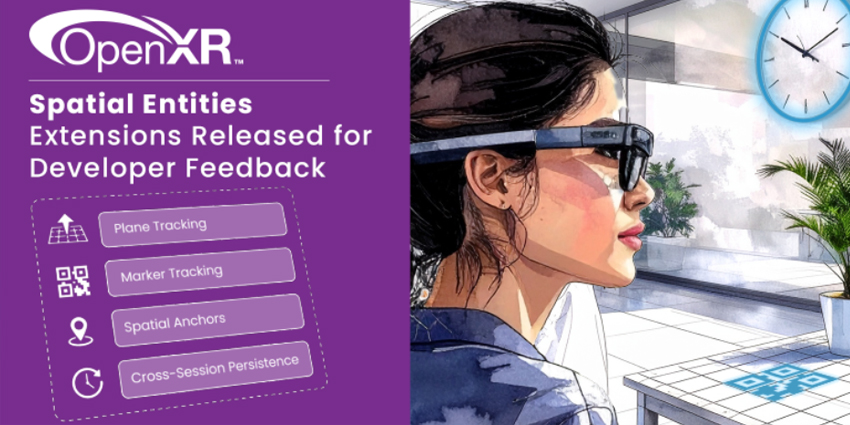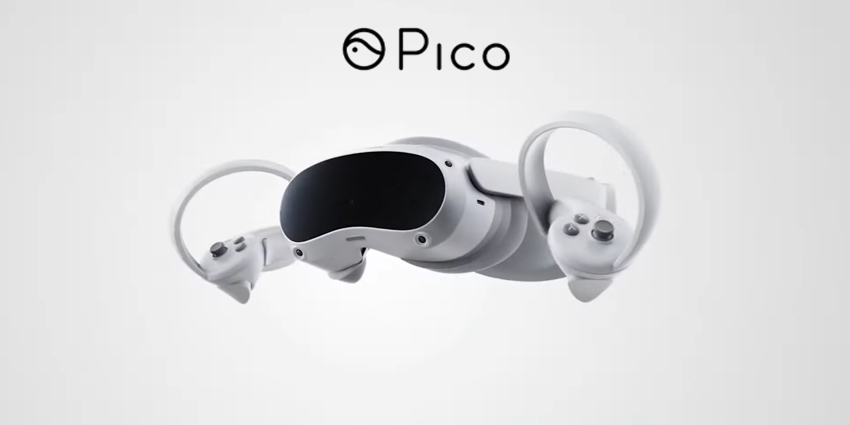Radio Caca (RACA) has teamed up with the University of Cambridge Blockchain Society to develop a new education system in the United States of Mars (USM) Metaverse, it was announced on Sunday.
The Dubai-based broadcasting firm exclusively manages the Maye Musk Mystery Box (MPB) NFT and the USM platform, and aims to reform education for learners by facilitating social networking, job prospects, content creation, and others.
According to Radio Caca, the Metaverse will help merge the virtual and real worlds, namely as the ongoing COVID-19 pandemic shifts educational models from in-person to online learning platforms, leading to a “battle ground of global digital innovation,” it said in a press statement.
Figures from the decentralised platform found that nearly 1.6 billion students, or 91 percent of all students across 192 countries, have faced major setbacks in their academic progress last year due to COVID-19,
The disruptions have driven demand for online learning tools, and the Metaverse has skyrocketed in popularity as numerous tech firms such as Meta Platforms, Microsoft, Google, Tencent, HTC VIVE, Varjo Technologies, and others have entered the race to build solutions for the successor platform.
A Radio Caca and Cambridge University Blockchain Society spokesman added that the partnership’s ‘Metaverse + Education’ system aims to upgrade Internet education with RACA’s expansion of Metaverse, decentralised finance (DeFi), non-fungible tokens (NFTs), blockchain, decentralised autonomous organisations (DAO), and other technologies.
The partnership will launch a series of programmes, including:
Smart Remote Curriculum: Allows instructors and learners to connect with RACA’s Smart Remote Curriculum programme on the USM Education world platform to remove geographical barriers.
The USM Metaverse will provide new virtual tools for immersive education, eliminating the need for physical tools, and can potentially boost learner engagement in classroom settings.
Education for All, Educational Equity: Will expand educational resources to students in limited locations to access leading curricula where internet connections are present.
The USM Metaverse will provide learners with access to full-scale museums, opera houses, and other facilities, where they can experience culture, educational resources, and technologies in the Metaverse.
The programme will also map educational resources via the blockchain, creating new markets for resources, similarly to buying and selling textbooks, to monetise content creation and materials.
Fair and Transparent Education: Blockchain technologies incorporated in the USM Metaverse platform will also tackle copyright infringement and increase transparency for NFT sales.
Educators can also monitor and verify homework assignments, exams, grades, and learner behaviours, among others, to increase transparency and track the progress of individual and group learners.
The Birth of Metaverse Medical Education
The news comes after numerous institutions have begun adopting Metaverse technologies to instruct learners across geographical locations and enhance the quality of curricula with virtual tools.
Queen Mary University of London become the first university in the United Kingdom to host Metaverse-based lectures to train future medical workforces with extended reality (XR) technologies.
The lectures will provide learners with holographic content, avatar-building exercises, as well as VR headsets such as the Meta Quest 2 for engaging in virtual content.
VR firm GigXR recently partnered with the University of Cambridge and Cambridge University Hospitals (CUH) NHS Foundation Trust to develop “evidence-based holographic acute care simulations for multiprofessional training” for medical students and workers, it said in early January.
GigXR also launched a partnership with the University of Michigan to build an ‘XR Procedure Training Suite’ for instructing students with digital humans in immersive learning environments.
Students interacting in the programme’s virtual medical exercises can engage with digital patients to listen to lung issues, compare visuals such as CT scans and X-rays, and monitor progressive symptoms.







